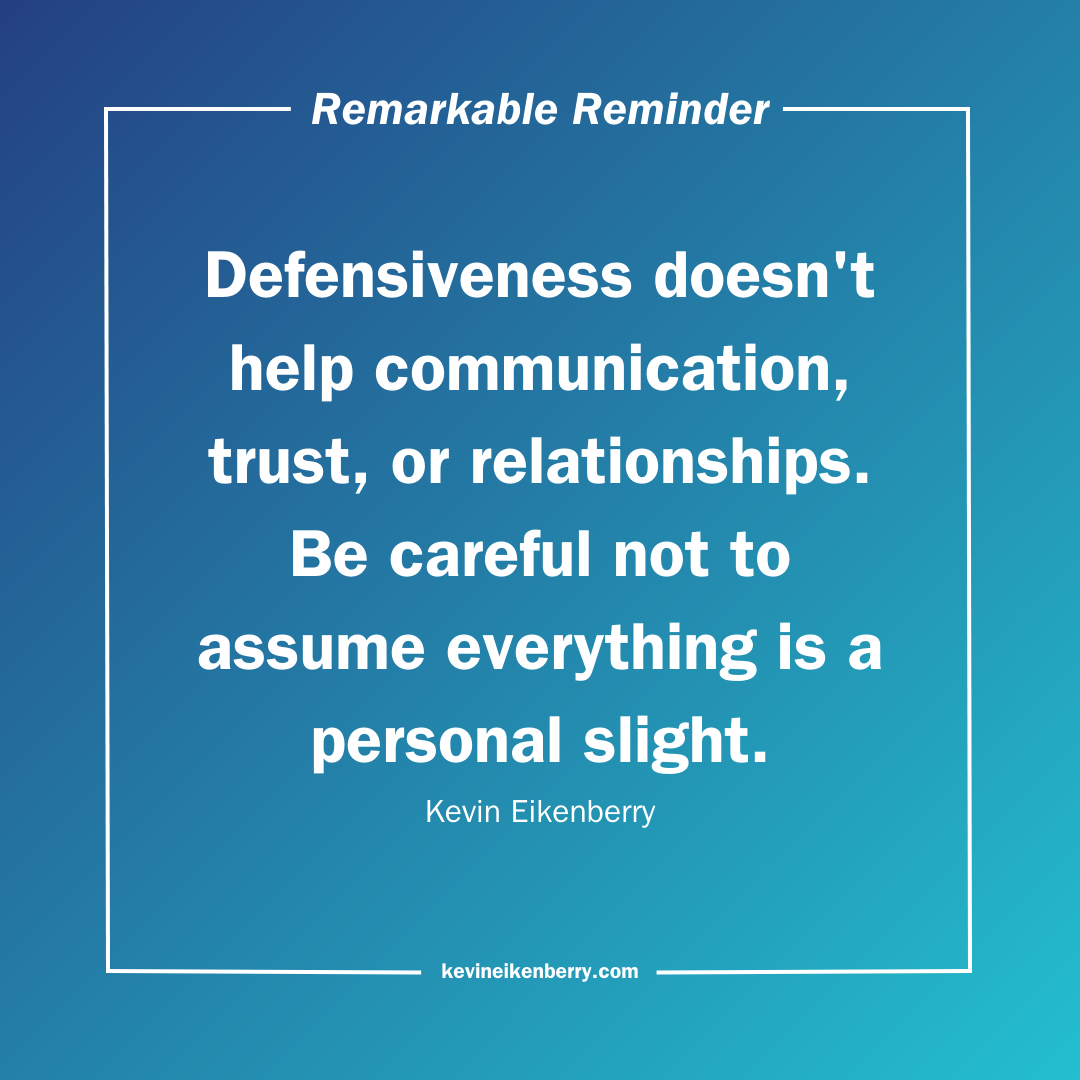Have you ever asked yourself, "How personally do I take things?" It's a question worth pondering because how we react to situations can significantly impact our communication and relationships. Let's dive into this topic and explore some strategies to handle these situations better.
First, let's reflect on a couple of scenarios. Have you ever told someone something or done something, and they got defensive, even though you didn't mean for them to take it personally? I'm guessing you have. How did the conversation go after that? Probably not great, right? Now, think about a time when you took something personally. How did that affect your conversation or relationship? Likely, it didn't go so well either.
The big question here is: How helpful is it for us to take things personally? Most of us would agree that it's not very helpful. But I understand—it's hard not to take things personally sometimes. So, how can we stop?
Strategies to Take Things Less Personally
Here are a few strategies that might help:
- Assume Positive Intent: This means believing that the other person has good intentions, even if you're not sure what those intentions are. It can be challenging, but it helps in reducing defensiveness.
- Assume Benign Intent: If assuming positive intent feels too hard, try assuming benign intent. This means thinking that the person's actions or words aren't meant to harm you—they might be dealing with their own issues that have nothing to do with you.
- Don’t Worry About Their Intent: Sometimes, it's best not to focus on their intent at all. You might never truly know what it is unless they tell you. Instead, focus on your own response.
- Take a Deep Breath: When you feel your buttons being pushed, take a deep breath. This simple act can help you stay calm and avoid a defensive reaction.
- Remove Yourself: If possible, remove yourself from the situation temporarily. This gives you time to cool down and approach the conversation more calmly later.
- Ask Clarifying Questions: Staying curious can help you avoid defensiveness. Ask questions to better understand the other person's perspective. Remember, their feedback might be about your behavior, not about you as a person.
- Focus on What You Can Learn: Instead of focusing on changing based on feedback, focus on understanding it. You don't have to agree or act on everything, but understanding can be valuable.
These strategies can be challenging, but they are helpful. If we remember not to take everything as a personal slight, our communication, relationships, and overall results will likely improve. Is it easy? No. Is it helpful? Absolutely.
Follow The Remarkable Leadership Podcast


0 comments